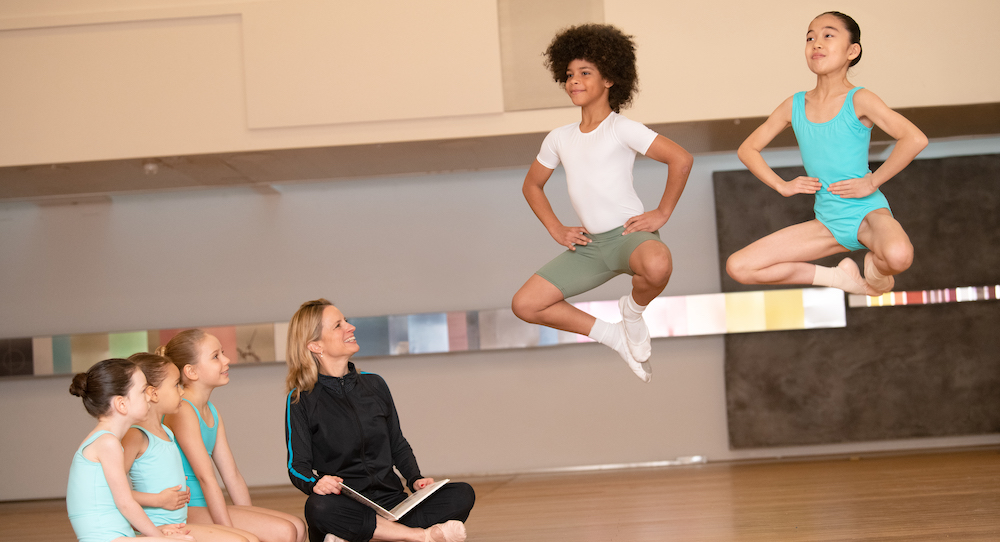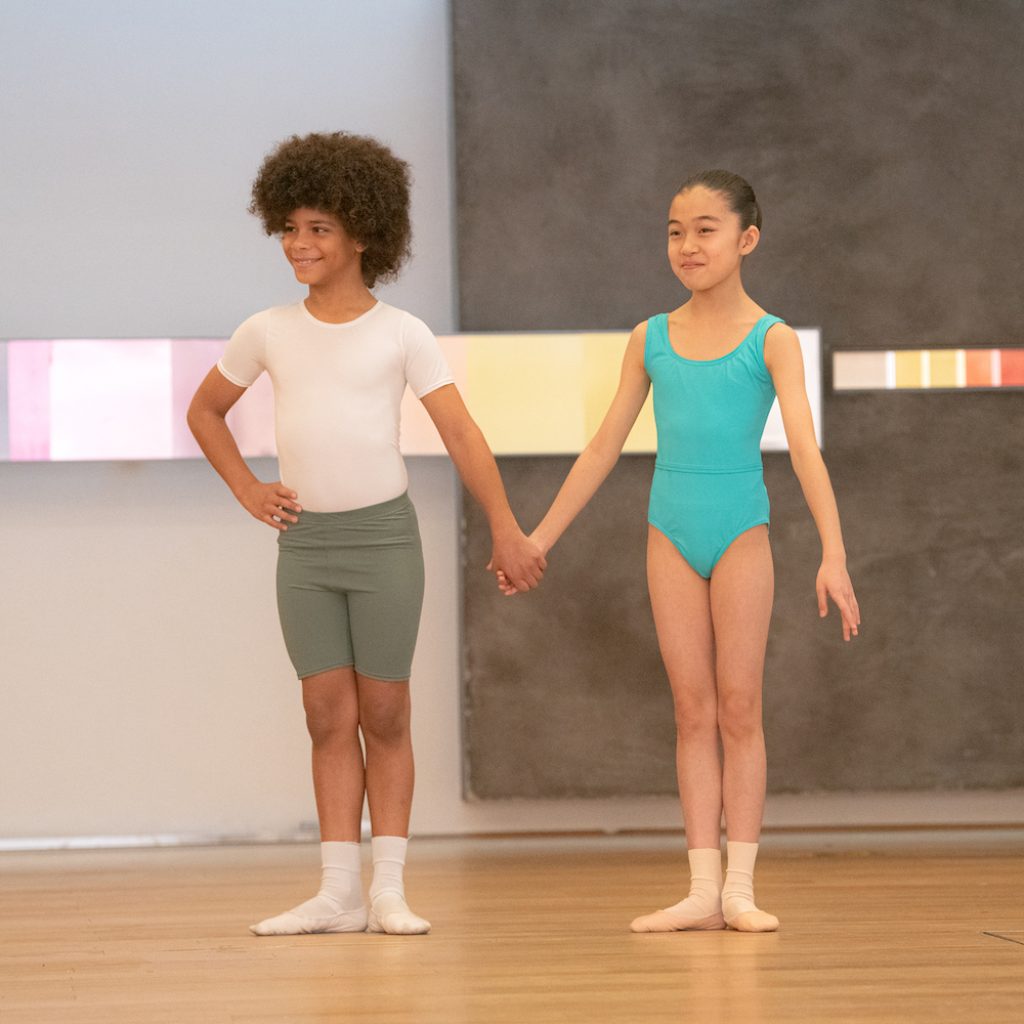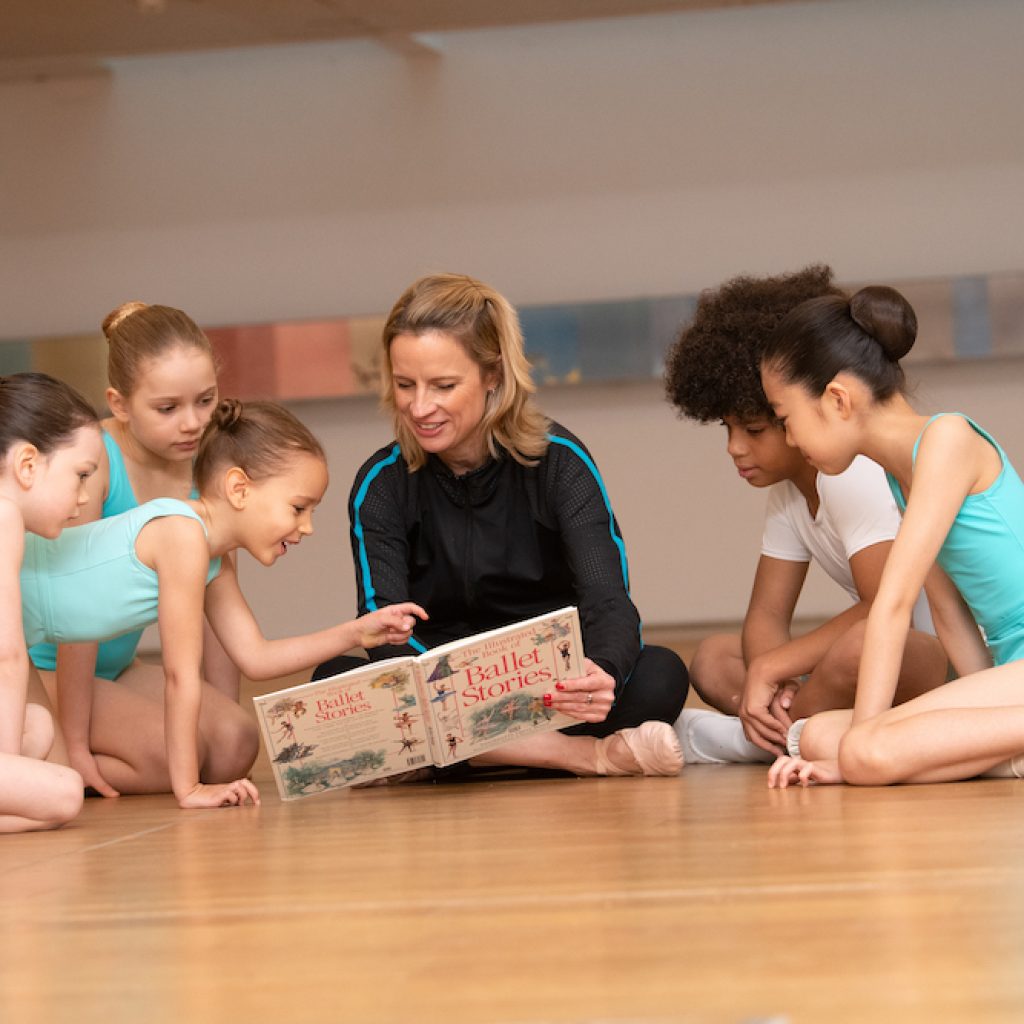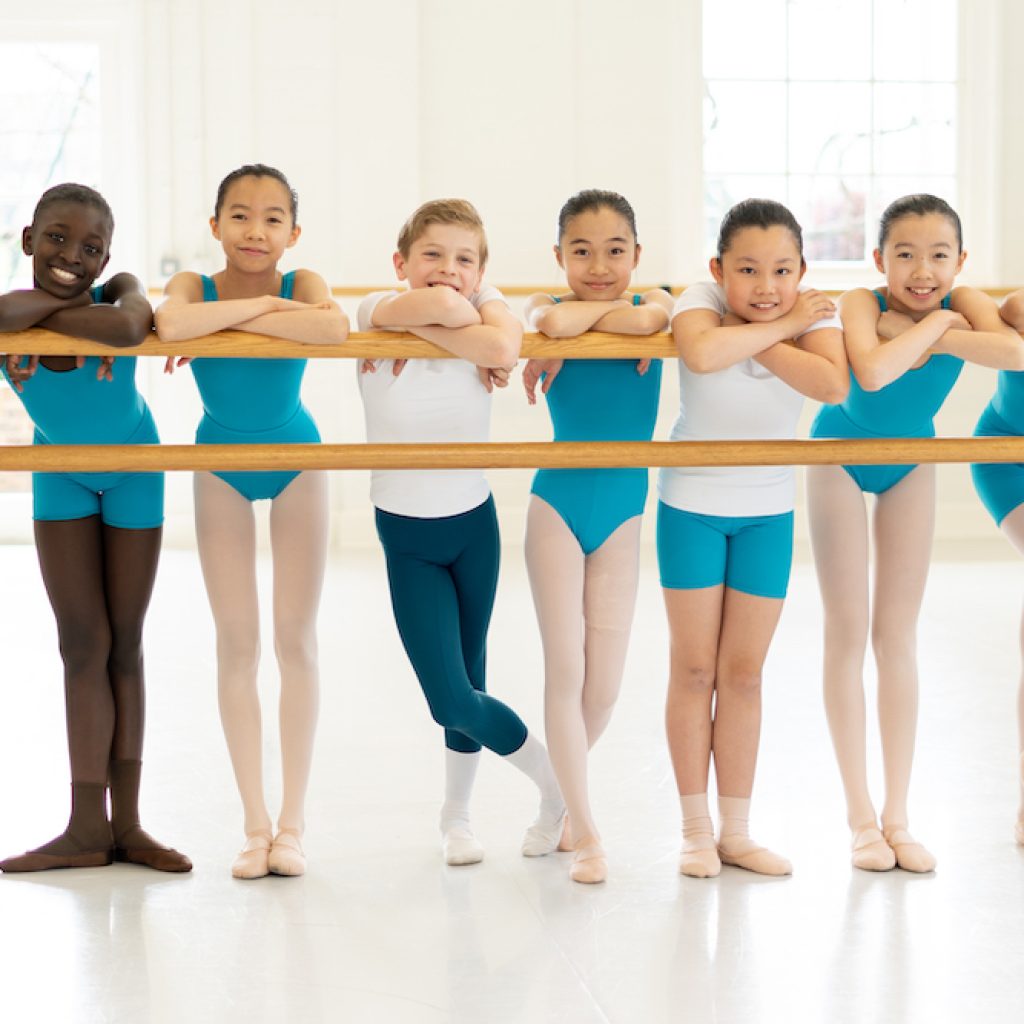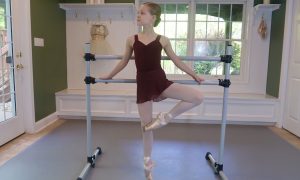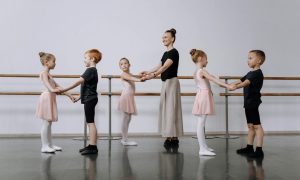In ballet training, it’s not just about the pliés and grand jetés. Yes, proper and age-appropriate technique is important for a ballet education, but how can teachers train the whole artist, showing not just physicality but also the mental aspect, the artistry and the overall appreciation of the art form? And how can all of this be taught without needing to follow an exam-based approach, in turn reaching more students from the very recreational to those in a pre-professional setting?
The Royal Ballet School, a world leader in ballet education, has devised a curriculum for just this. The Affiliate Training and Assessment Programme (ATAP) is the School’s programme for private and recreational dance training. The innovative programme, created by Head of Training and Access Mark Annear and Senior Teacher Training Manager Karen Berry, with the full support of Artistic Director Christopher Powney, gives young dance students a high quality, holistic learning experience, and is an alternative to other recreational training models based on learning a syllabus for examination.
ATAP’s focus is on continuous high quality, student-centered training. There is no set syllabus of exercises that all students must learn for an examination; rather, teachers devise their own material and assess their own students. Assessments are moderated against specific criteria and guidelines through video submission to The Royal Ballet School.
“We know there are many teachers who welcome an alternative, in which they can thrive through ongoing professional development and take a more creative, student-led approach,” says Annear. “We have spoken to many teachers who are keen to teach not just a syllabus but a more holistic programme, one where they can really bring dance to life for their students and nurture their individuality and creativity.”
“Many of our current students are excited about having the opportunity to access learning ballet in an alternative way, and I also feel it is something different, fresh and new that both current and new students will embrace,” says Victoria Bremner, an Affiliate teacher and director of VBDance in Burgess Hill, UK. “We have many recreational students who will seize new opportunities to learn ballet beyond their set syllabus, and this will contribute to making the joy of learning to dance even more accessible and enriching for them.”
As a result, alongside classical ballet vocabulary and performance skills, students learn repertoire, choreography and appreciation.
“ATAP students understand the language of dance by relating the steps they learn to past and current repertoire, and how to use their own technique with intention and artistry,” says Berry. “It’s about situating what students are learning within a context and getting them to think about how it all fits together. We believe this is the only programme currently for recreational dance students that is so firmly rooted in pedagogical principles – in guiding students ‘how’ to learn, not ‘what’ to learn and nurturing transferrable skills. Because teachers are empowered to guide their own students’ learning, they can shape the way they teach and assess according to the needs of each student. This makes the programme accessible to those who might struggle with a more traditional method of learning exercises by rote for examination.”
“We are thrilled to be partnering with the Royal Opera House to deliver the repertoire element of the programme,” Annear explains. “Teachers will be able to access resources such as the ROH Create and Learn programme as well as through other digital platforms. Teachers will receive guidance as part of their initial training on how to use repertoire within their schools to provide students with the opportunity to express themselves and develop their creative ability.”
Affiliate teachers have full control over how they implement the programme in their dance school. Their only requirement is that they submit a minimum number of students for assessment once every two years and attend regular continuing professional development sessions so that they are up-to-date with current developments. Affiliate teachers are provided access to The Royal Ballet School’s Video on Demand platform, containing hundreds of ballet vocabulary training videos, body awareness and conditioning exercises, creative practice examples, and more.
“Teaching ballet should be exciting, creative and inspirational for young learners,” says Gemma Fisher, Affiliate teacher and principal of The Theatre and Dance Academy in Selby, UK. “The resources available to qualified ATAP teachers ensures that you have the right system of training to ensure you are providing just that.”
An online Q&A event will be held on Thursday, March 14, when interested ATAP Affiliate teachers can hear all about ATAP directly from The Royal Ballet School team and have an opportunity to ask questions. Two sessions will be offered – morning (9:30-11:30 GMT) and afternoon (15:30-17:30 GMT). You can sign up for a session here. Booking closes 13 March.
“We welcome any dance teacher to apply for the programme,” Berry says. “The important thing for us is that our Affiliate teachers share our values and have a passion for delivering high-quality holistic training rooted in pedagogical principles. Teachers might be seeking greater autonomy and flexibility in the teaching and assessing of their students, and a hunger to open ballet to a wider range of students. Candidates will normally have a minimum of three years’ experience as a ballet teacher or be a graduate of The Royal Ballet School teacher training programmes, but beyond that, we are open to applications from the full breadth of the recreational dance sector.”
ATAP is applicable to all recreational or private studios and settings, and there’s a pre-vocational route to launch soon as well.
Workshops will also be offered worldwide, for teachers and students to learn more about the programme. Those sessions include: April 1 (Hong Kong Ballet studios), April 6 (Melbourne), April 8 (Brisbane) and April 9 (Sydney). Visit www.royalballetschool.org.uk/train/dancer-training/dance-teacher-training/atap-workshops for more information.
Applications will be open on March 11, for the next cohort of Affiliate teachers to train in London and Hong Kong this summer. For more information and to apply, head to www.royalballetschool.org.uk/train/dancer-training/dance-teacher-training/affiliate-training-and-assessment-programme.
By Laura Di Orio of Dance Informa.
Sponsored content


